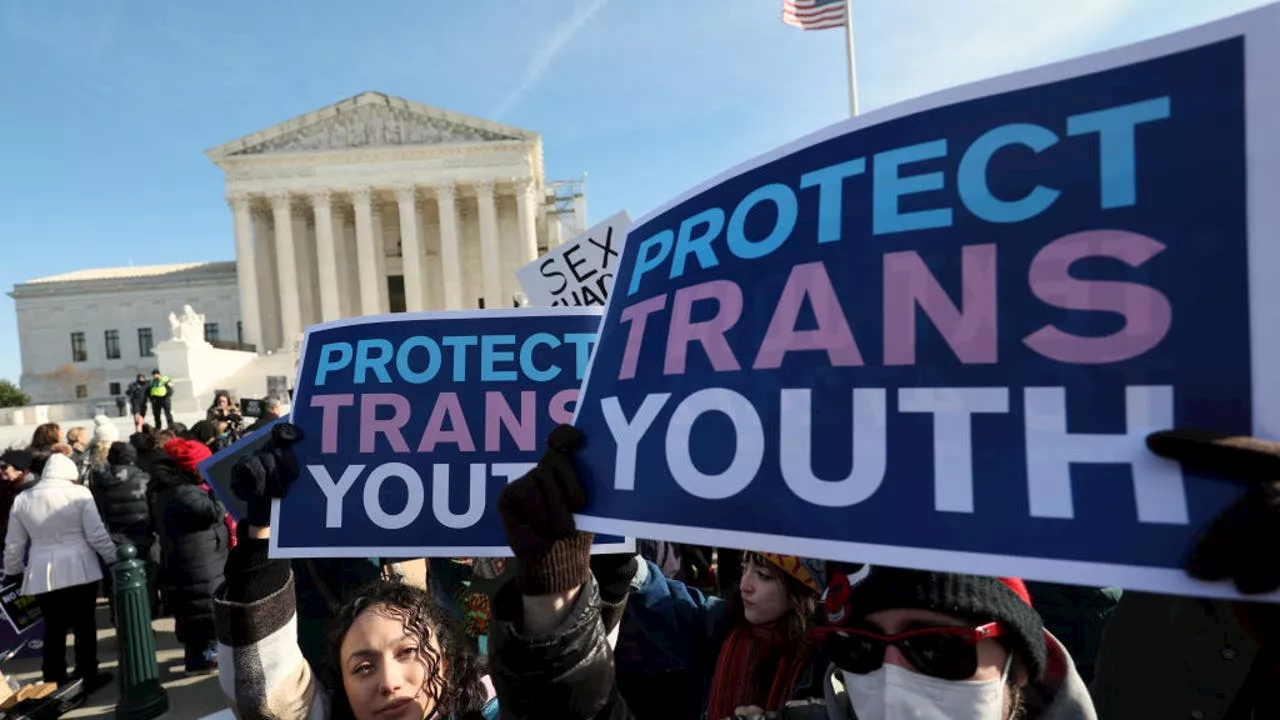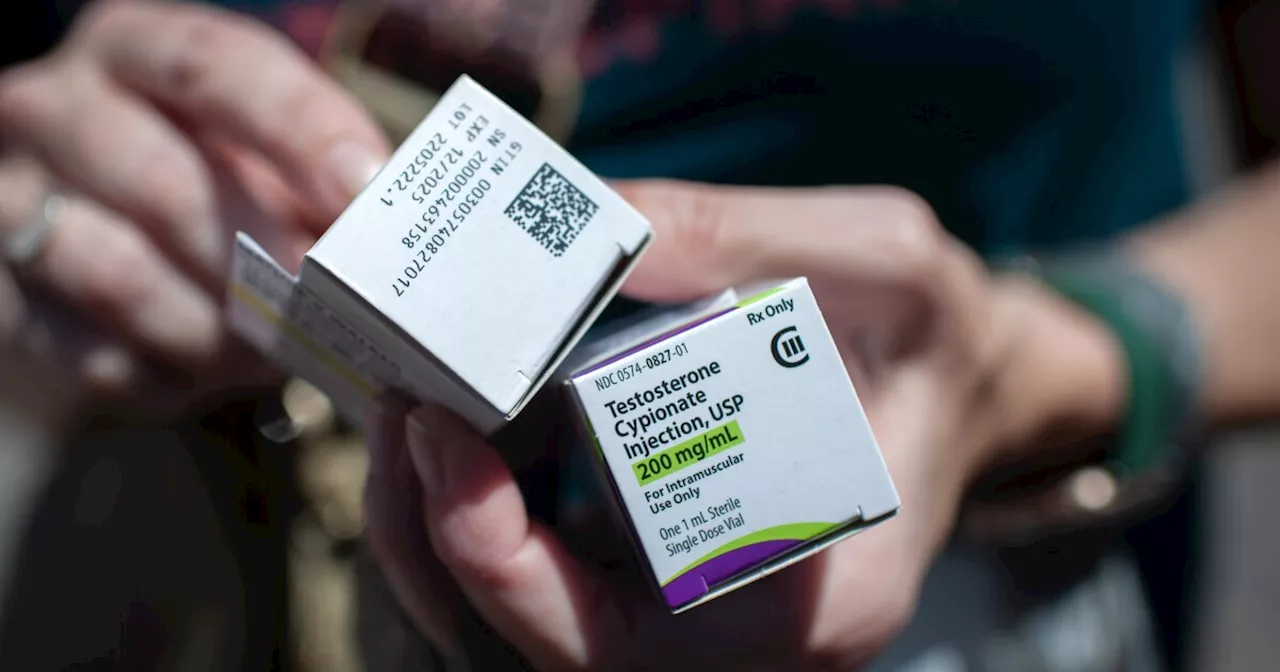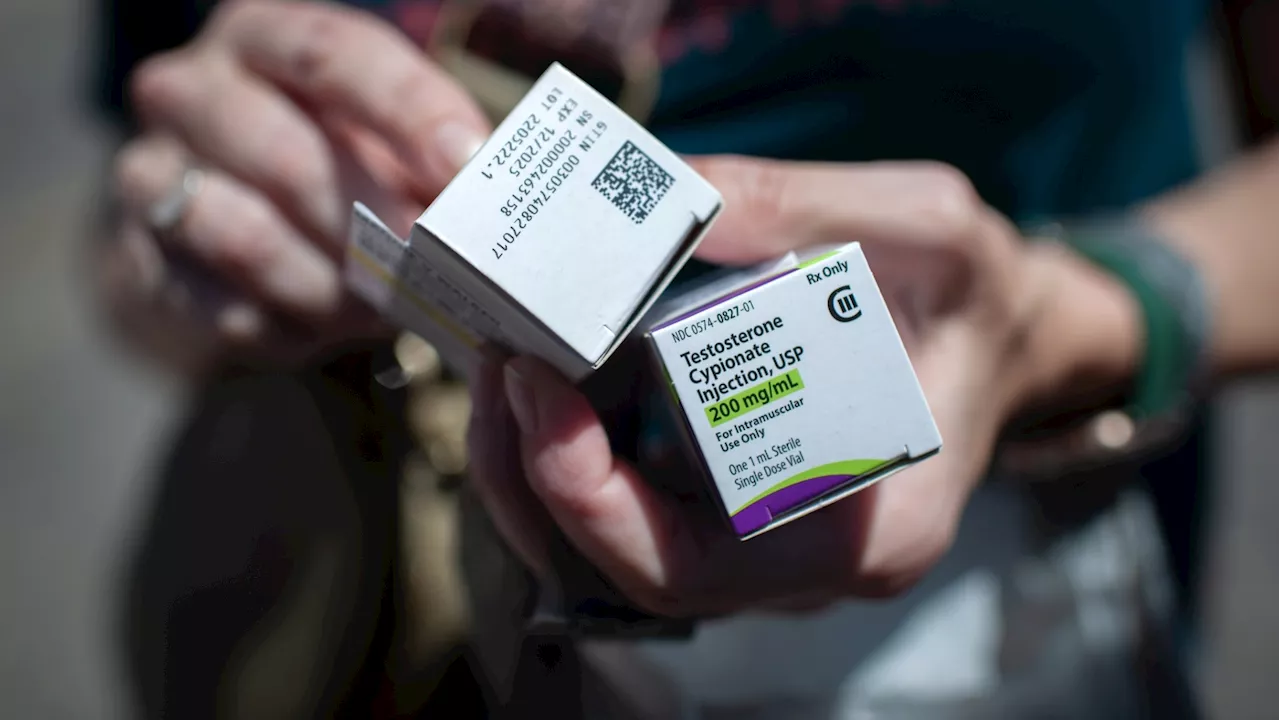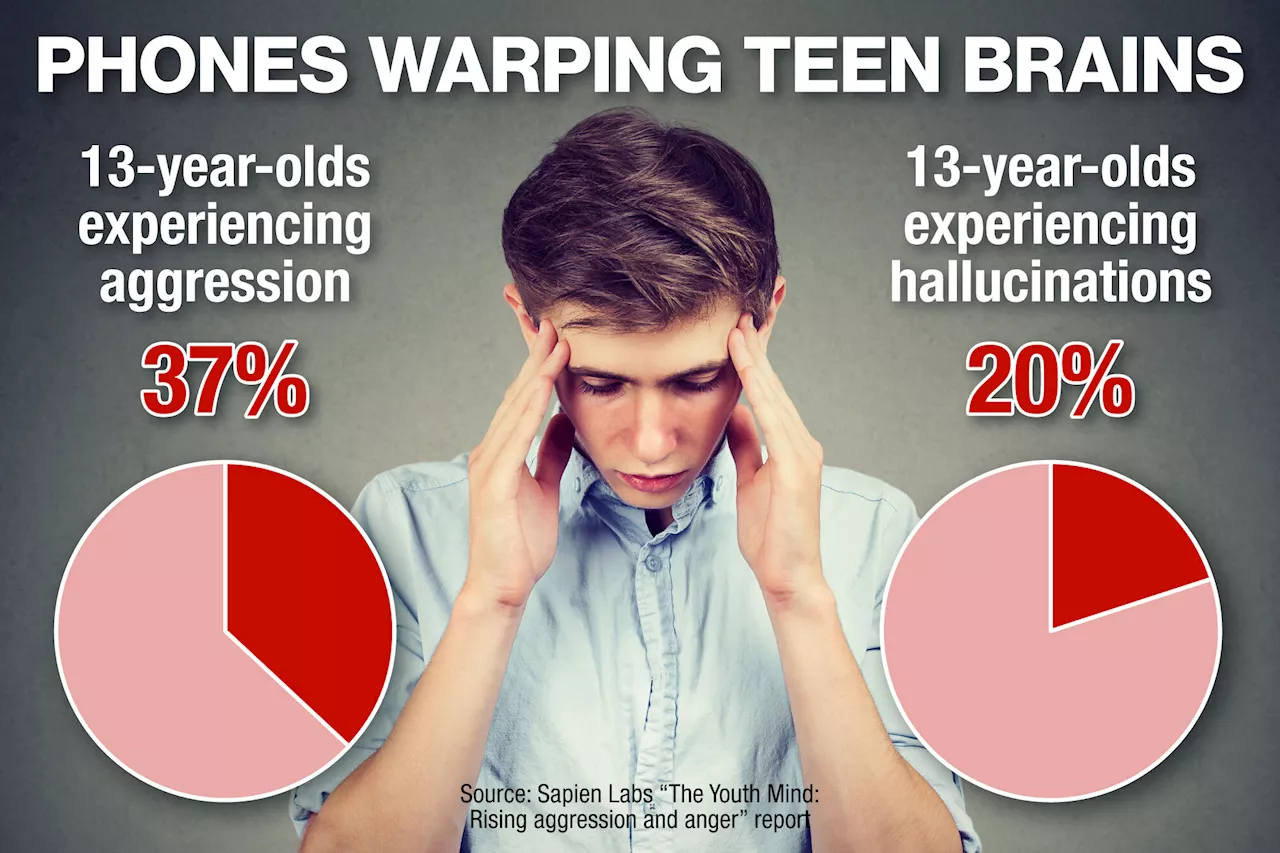A new study reveals that teens are increasingly doubtful of online content due to the proliferation of AI-generated images and videos. The rise of generative AI makes it easier than ever to create convincing fakes, leading to widespread confusion and a decline in trust in visual information. Teens share their experiences navigating this new landscape of uncertainty, where seeing is no longer believing.
My friend Sammy turned around at his desk and grinned at me. He held out his phone and waved it in front of my face, the universal sign for “Look at this!” It was a video of a capybara in a swimming pool, seemingly treading water like a human does, feet down and arms circling. Last year, I would have believed the post I saw on that screen and accepted it as part of what I know to be true about the world: capybaras tread water like people. Now, I wasn’t sure.
Many teens speak through images One of the primary ways that my friends and I communicate is with images and videos. Memes are their own form of communication. Sharing an Instagram post about some weird scientific fact or interesting historical photo shows you know what a friend would find interesting. Sending someone funny video clips is a form of affection. It tells someone you remember them and lets you share an inside joke.
Social Issues AI Deepfakes Generative AI Misinformation Trust Teens Social Media
United States Latest News, United States Headlines
Similar News:You can also read news stories similar to this one that we have collected from other news sources.
 2 teens arrested for murder of 2 other teens at apartment complex on Jacksonville’s NorthsideTwo juveniles were killed in a shooting early Sunday at an apartment complex on Jacksonville’s Northside, according to the Jacksonville Sheriff’s Office.
2 teens arrested for murder of 2 other teens at apartment complex on Jacksonville’s NorthsideTwo juveniles were killed in a shooting early Sunday at an apartment complex on Jacksonville’s Northside, according to the Jacksonville Sheriff’s Office.
Read more »
 More teens say they're using ChatGPT for schoolwork, a new study findsAccording to the survey, 26% of students ages 13-17 are using the artificial intelligence bot to help them with their assignments.
More teens say they're using ChatGPT for schoolwork, a new study findsAccording to the survey, 26% of students ages 13-17 are using the artificial intelligence bot to help them with their assignments.
Read more »
 New Study Shows Gender-Affirming Medications Rare Among US TeensA recent study published in JAMA Pediatrics reveals that gender-affirming medications are significantly less common among US adolescents than often portrayed. The study analyzed insurance claims data and found that fewer than 1 in 1,000 adolescents received puberty blockers or hormone treatments.
New Study Shows Gender-Affirming Medications Rare Among US TeensA recent study published in JAMA Pediatrics reveals that gender-affirming medications are significantly less common among US adolescents than often portrayed. The study analyzed insurance claims data and found that fewer than 1 in 1,000 adolescents received puberty blockers or hormone treatments.
Read more »
 Few US Teens with Private Insurance Receive Gender-Affirming Care, Study FindsA new study reveals that less than 0.1% of teenagers with private insurance in the US who have been diagnosed with gender dysphoria are receiving puberty blockers or cross-sex hormones. The findings shed light on the impact of recent state bans on gender-affirming care.
Few US Teens with Private Insurance Receive Gender-Affirming Care, Study FindsA new study reveals that less than 0.1% of teenagers with private insurance in the US who have been diagnosed with gender dysphoria are receiving puberty blockers or cross-sex hormones. The findings shed light on the impact of recent state bans on gender-affirming care.
Read more »
 'A very, very small number' of teens receive gender-affirming care, study findsA new analysis of private insurance claims data finds less than 0.1% of youth accessed puberty blockers or hormones for gender transition. This small group has garnered a huge amount of attention from Republican lawmakers in recent years.
'A very, very small number' of teens receive gender-affirming care, study findsA new analysis of private insurance claims data finds less than 0.1% of youth accessed puberty blockers or hormones for gender transition. This small group has garnered a huge amount of attention from Republican lawmakers in recent years.
Read more »
 Smartphone use leads to hallucinations, detachment from reality, aggression in teens as young as 13: StudyNot everyone is in agreement that social media should come with labeled warnings for teens. Veuer’s Chloe Hurst has the story!
Smartphone use leads to hallucinations, detachment from reality, aggression in teens as young as 13: StudyNot everyone is in agreement that social media should come with labeled warnings for teens. Veuer’s Chloe Hurst has the story!
Read more »
